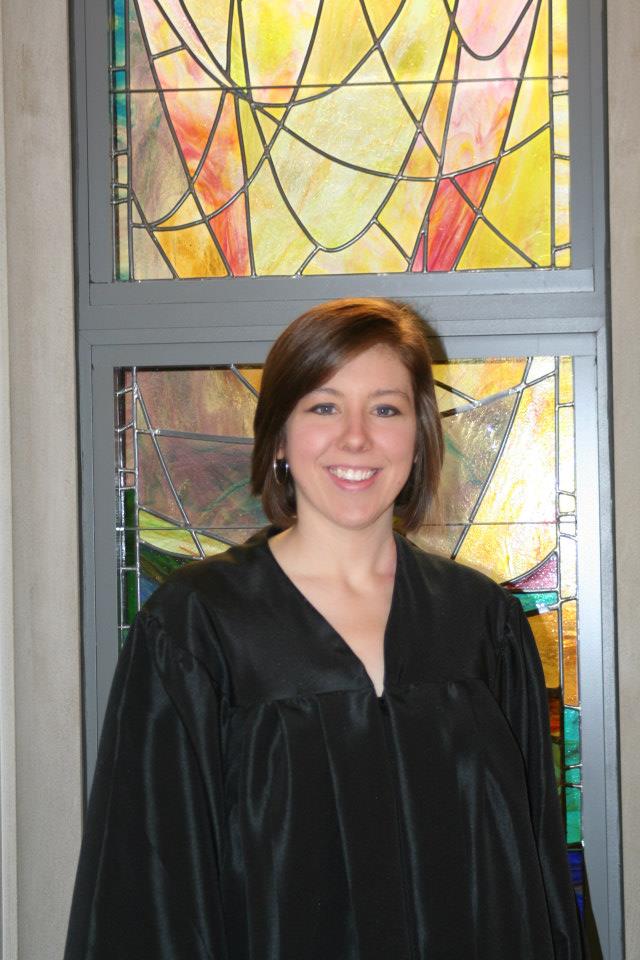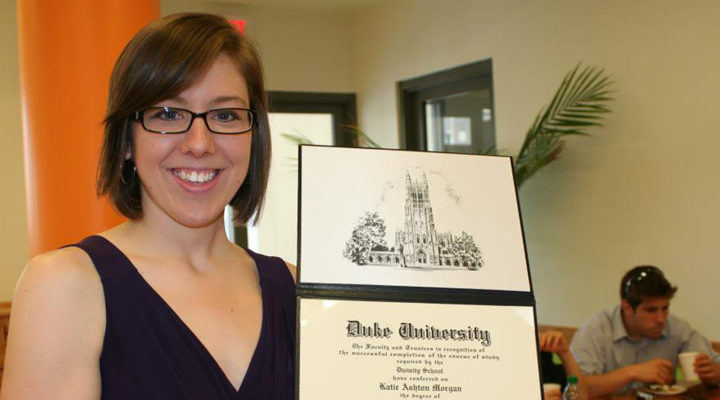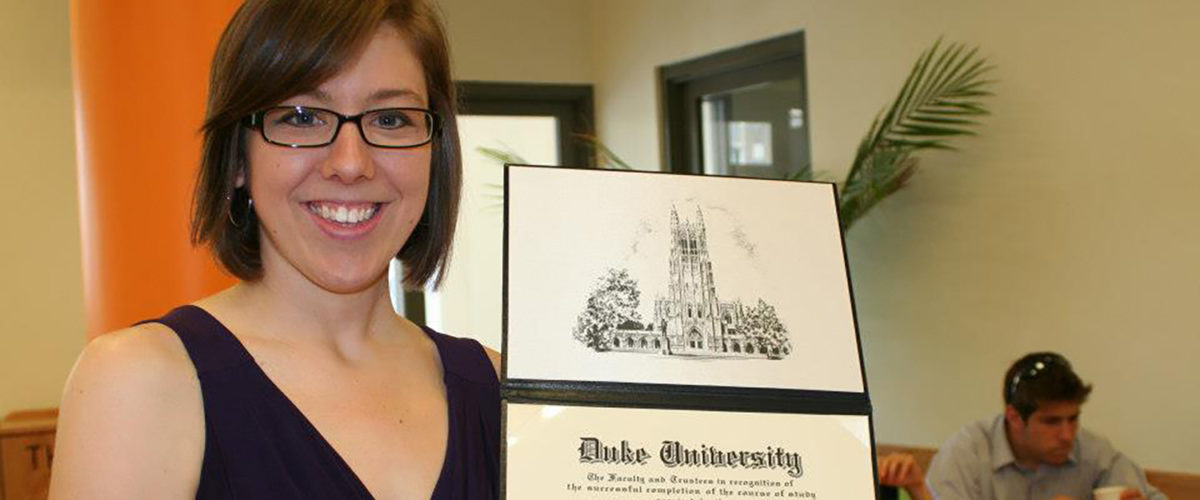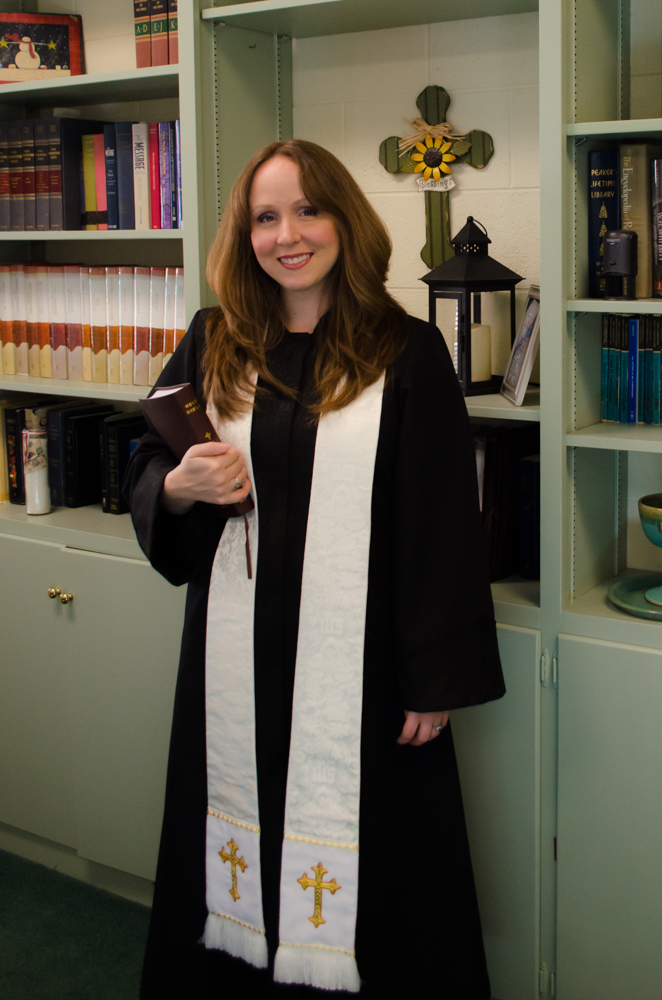Attitudes about the role of women in the workplace, in politics and church seem to have made some advances in recent years, new research suggests.
In a study released Tuesday, the Barna Group said it found that 94 percent of all adults are comfortable with females serving as CEOs, and 85 percent felt the same about a woman president.
And most — 79 percent — said they are comfortable with a priest or pastor who is a woman.
But that struck at least one female minister as questionable.
“I’m quite surprised with 79 percent being OK with a female pastor,” Libby Grammer told Baptist News Global. “That is not something that jibes with my experience.”
But she added that her experience is filtered through the Southern Baptist culture in which she grew up in north Georgia.
“I would put it at 50 percent being OK with that, but I think that is because I come from this very conservative upbringing,” said Grammer, interim minister of Christian education and spiritual formation at River Road Church, Baptist, in Richmond, Va.
But she was right that the numbers are lower — at least among some of the demographics who participated in the study Barna conducted for Pepperdine University.
Most men, at 75 percent, felt comfortable with female priests or pastors. For women, 84 percent said they were comfortable with female religious leaders.
Catholics, at 80 percent, outpaced Protestants at 71 percent.
Among practicing Christians, the acceptance rate was 62 percent and among evangelicals — the population Grammer knew so well in north Georgia — the percentage dropped to 39 percent. That is the lowest in the survey.
“The 79 percent feels right here in Richmond, but in Chattanooga or north Georgia, not so much,” said Grammer, a recently published author whose goal is to serve a church as lead pastor.
In another study, Barna found that 9 percent of Protestant senior pastors are women — which it said is three times more than a quarter century ago.
“Every time you turn around it seems there are more women in ministry,” said Katie Morgan, minister of spiritual formation and outreach at McLean Baptist Church in McLean, Va.
Morgan told BNG her observation may be influenced by living in the metropolitan Washington area.

Katie Morgan is the minister of spiritual formation and outreach at McLean Baptist Church in McLean, Va. (Photo/Courtesy of Katie Morgan)
Most of the growth Barna noted has been in mainline traditions. It added that “just 44 percent of non-mainline pastors say their denomination, church network or congregation ordains women for senior pastoral leadership, compared to virtually all mainline pastors” at 99 percent.
The research, even on topics like politics and work, hold significance for the wider church, said Roxanne Stone, editor in chief at Barna.
“More than half of most congregations are women. They are increasingly part of the workforce; they are rising in the ranks at work and they are finding immense value in their jobs,” Stone said in remarks included with the study, “What Americans Think About Women in Power.”
But the lessons are difficult ones for evangelicals, Stone added.
“There is a long history among evangelicals of emphasizing motherhood and family as a woman’s primary calling,” she said in the report.
Morgan said she has seen that opposition firsthand, notably when her rural Tennessee congregation faced expulsion from its local association after ordaining her a deacon.
But she also witnessed the openness to the gifts and callings of women by the strong support she received during the process.
And she has felt it since.
“I do not feel my resume was ever set aside because of my gender,” Morgan said.



